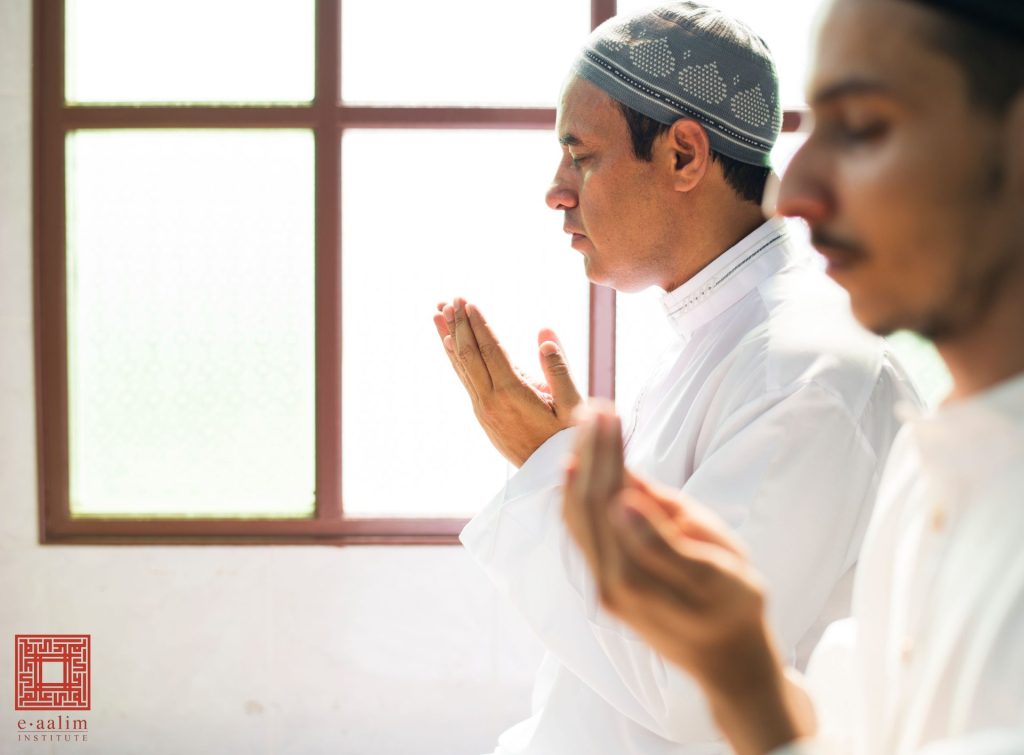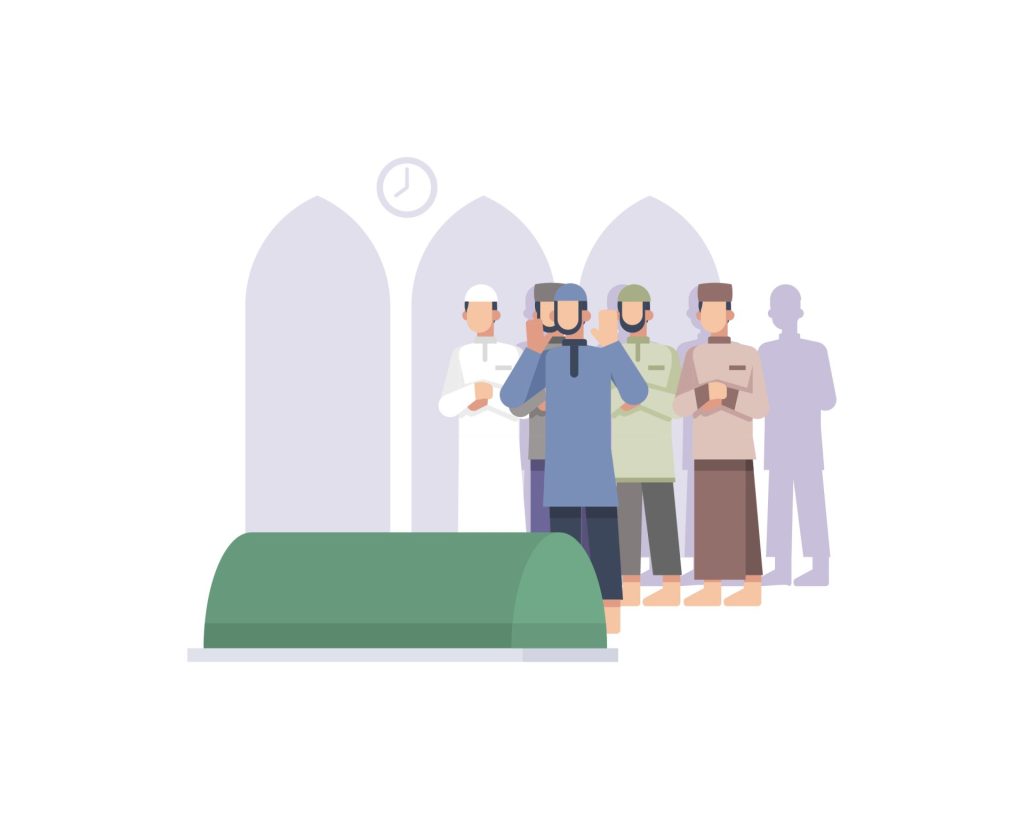The different congregational prayers in Islam:

Islam is the religion of balance. Also, Islam is the religion of ease and tolerance. In Islam, a Muslim should never feel lonely or separated from their community or society. Muslims get together as members of one family. So Islam has made it recommended for a Muslim to attend congregational prayers. In addition to the daily five obligatory prayers and the Friday weekly prayer, there are a number of seasonal congregational prayers in Islam. Muslims perform a lot of other occasional prayers. Muslims. On Eid Ul-Fitr and Eidul-Adha, Funeral prayer, Asking for rain prayer, the Eclipse prayer and Salat Ul-Tasbeeh prayer. It is very significant and important for Muslims to learn about these prayers.
The Eid Ul-fitr and Eidul-Adha prayers:
After the last day of Ramadan, Muslims perform the Eid Ul-Fitr prayer. After performing the Fajr prayer, Muslims go to open places to begin their Eid Ul-Fitr prayer. They practice Takbeer for a while. Worshipers gradually gather, congratulating each other on this happy occasion. Worshipers sit in rows mentioning Allah and sending their greetings to prophet Mohammad, his wives (mothers of believers), his companions and his descendants (offspring).
How to perform the Eid prayer:
Without an Adhan or an Iqamah, worshipers stand in rows and perform two rakat. The recitation of the Holy Quran in those two rakat is audible. Unlike the other five obligatory prayers and the Friday prayer, the two Eid Ul-Fitr prayers precede the sermon (Khotbah). It is recommended that the Eid Ul-Fitr prayer is slightly postponed to give the worshipers the chance to pay Zakat-ul fitr. After concluding the prayer, Muslims congratulate each other and return home through a different route from that they came to the prayer through. The same is done in the Eidul-Adha prayer; which is recommended to be hastened and performed earlier to give the worshipers the chance to slaughter their Udhiya (ritually sacrificed animals).
The Funeral prayer :
In all the circumstances a Muslim goes through, a Muslim is linked to their Lord. In time of joy, a Muslim prays the Eid Ul-Fitr and Eidul Adha prayers. Also on happy occasions, a Muslim performs the thanksgiving prayer, which is two voluntary rakat. On sad occasions, a Muslim performs another prayer. Another occasional prayer is the funeral prayer. When a Muslim dies, the deceased is prepared for burial. The first thing to do to the dead body is to wash it in a certain way. Then, the dead body is put into a white cloth coffin. Generally after a congregational prayer, the body is brought to the place of prayer, normally an open space. The closest relative of the dead person is recommended to lead the funeral prayer.

How to perform the funeral prayer:
This special prayer doesn’t also have a set time, an Adan or an Iqamah. There is also no sujud or ruku’ in this prayer. The Imam says four Takbirar. After the first takbeer, the worshipers recite surat al-Fatihah. Following the second takbeer, the worshipers recite assalatul-Ibrahimiah. Immediatley after the third takbeer, the worshipers make dua’ for the dead person. Finally and after the fourth takbeer, the worshipers make duaa’ for themselves as well as all the Muslims in general. Worth mentioning, the worshipers perform this prayer while they are standing. Finally the worshipers make Tasleem after the Imam. Islam urges Muslims to attend this sort of prayer. Islam has made it a duty upon all Muslims towards their brother Muslims to attend their funeral prayer. Also, Islam has urged Muslims to march in their brother and sister Muslims; and attend their burial. A Muslim who does so gains a lot of reward.
